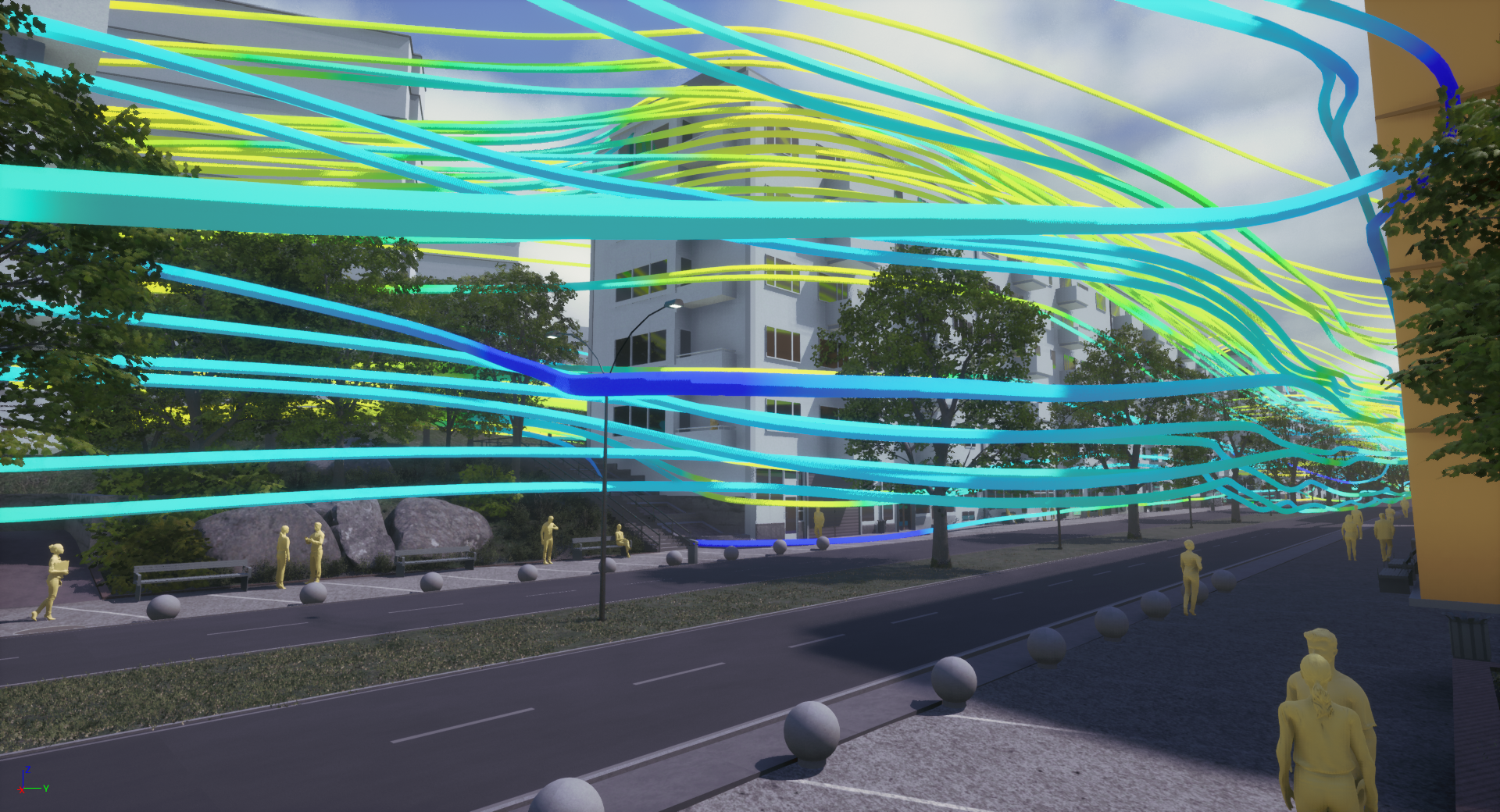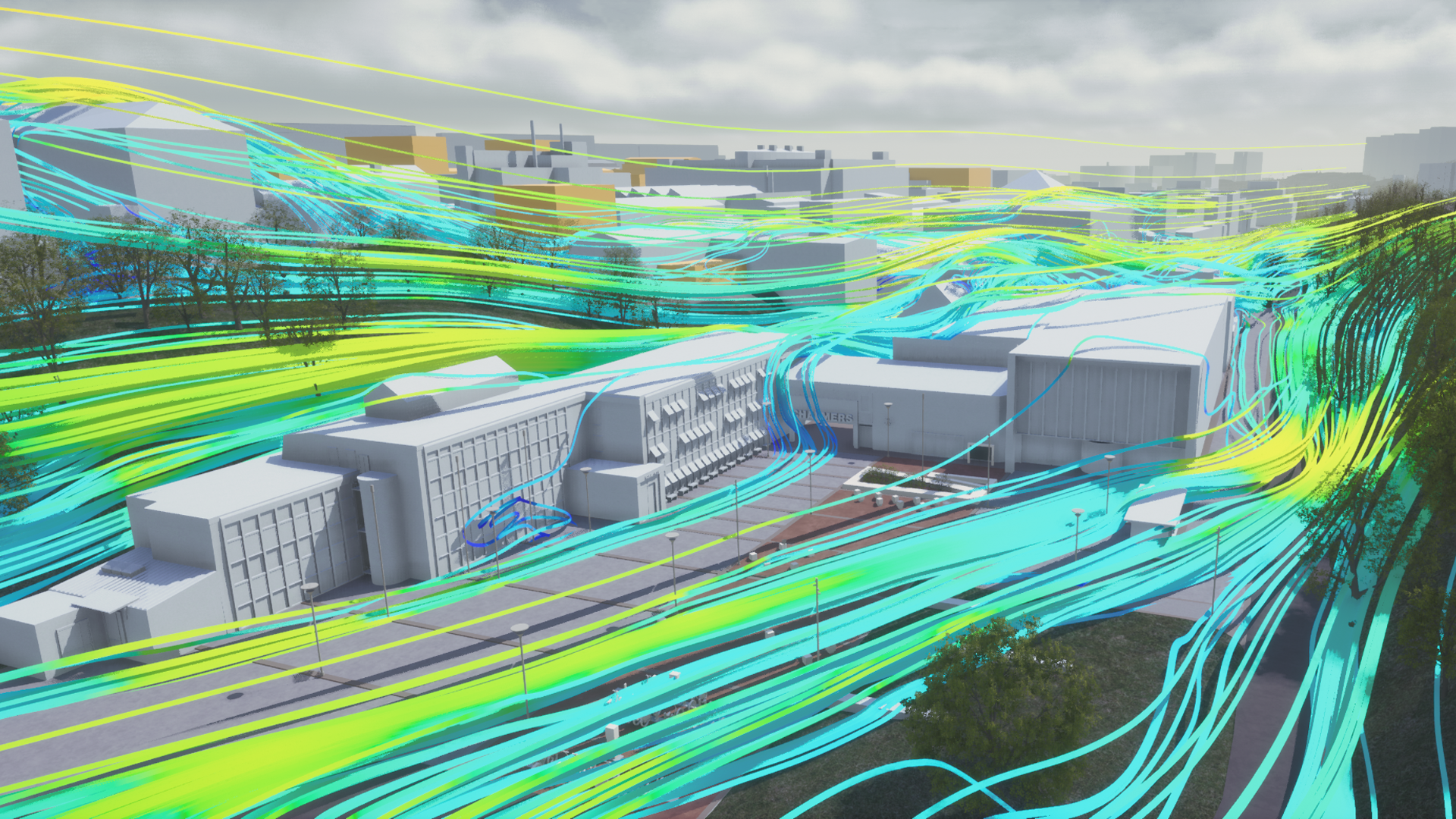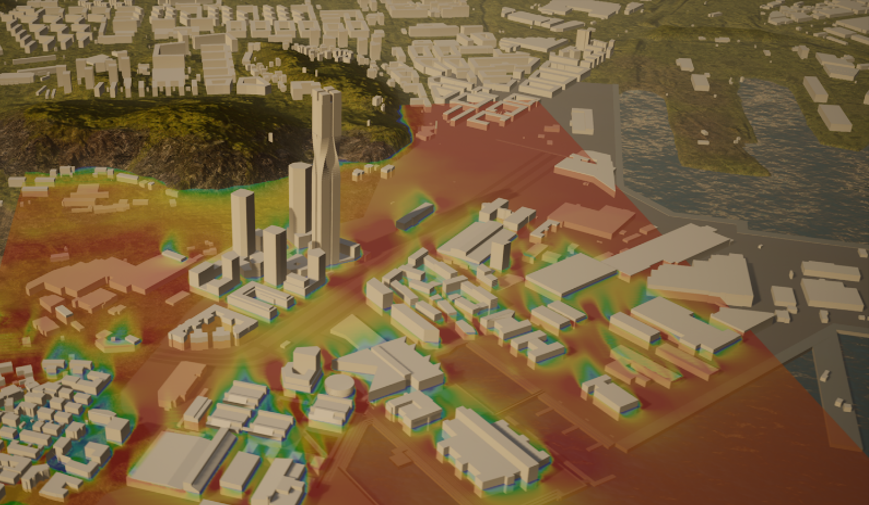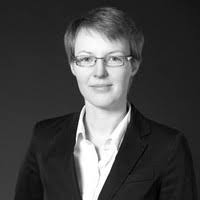Urban densification influences wind, temperature, noise, daylight and air quality in both city scales and microscales like streets, neighbourhoods, parks. While software for wind simulation is available and best-practise guidelines have been formulated throughout the years, this is not the case for the simulation of heat. As climate change poses significant challenges on the built environment e.g. in form of heat waves and heavy storms, a resilient and liveable city can only be developed when the abovementioned environmental aspects are considered throughout the planning process.
However, digital analyses, necessitating expertise beyond the usual scope of architectural firms and municipality offices, are often outsourced to consultancy agencies, leading to high costs and, consequently, are frequently omitted or left to the final stage of the planning process due to budget limitations. On the other hand, with increasing digitalization a multitude of software is available that allows the practitioners to run different studies themselves, which is commonly done e.g. for daylight studies. Cost, experience of the practitioner, regulations, complexity of the software and physics to be modelled, maturity of the field, computational requirements and, of course, the customer request are aspects that decide whether a simulation study is performed or not and whether a software is established in a practitioner’s office or not. Another important aspect often prohibiting the utilization of software is the intricacy of integrating additional tools in the daily workflow as well as the spread of simulation tools and data formats.
The UECD project thus focused on the following aspects bringing software solutions within a Digital Twin City closer to the customer:
- Simulation of wind with an automated workflow that allows an easy application at the architecture and municipality offices
- Development of a surrogate model based on neural networks that enables real-time prediction of wind for generative design generation
- Development of software facilitating the simulation of urban heat
- Integration of the wind simulation tool in the DTCC platform
- Facilitating the concept of distributed Digital Twin Cities by adapting input and output data formats and data models which in turn enables coupling and connecting different tools via the DTCC platform
- Comprehensive result visualization using interactive multi-domain visualization in standard views, virtual reality and augmented reality
- Derivation of a benefit matrix illustrating the potential outcome from a simulation study (e.g. wind, heat) distinguishing the different planning phases and design stages depending on the level of detail of the input data as well as the level of detail of the result data
Finally, it can be concluded that the accessibility of software that can easily be incorporated in the different stages of the planning and design process through a digital city twin can potentially lead to increased quality for environmentally sound, climate resilient and liveable cities. Yet, conflicts of target must be taken care of by the urban planner and can be supported by optimization routines. It needs to be noted that the availability of simulation tools as well as access to simulation results through the DTCC platform raises the awareness of the influence city design has on environmental aspects that previously have not been focus area in urban planning. In the long term this has the potential to lead to an overall knowledge lift and eventually regulations. Hence, the UECD project concludes with accentuating the importance of developing automated software solutions that can easily be utilized by non-experts and advocates for enabling the accessibility of established software to the distributed digital twin concept.
Publications:
- https://doi.org/10.1016/j.ifacol.2022.08.069
- https://doi.org/10.24352/UB.OVGU-2023-052
- https://doi.org/10.1080/19401493.2024.2320112
- https://doi.org/10.3390/make6010006
Partners: AFRY, Aristotle University of Thessaloniki, Chalmers, Fraunhofer-Chalmers Centre, Fraunhofer Institute for Industrial Mathematics ITWM, Gate institute, Göteborgs stad, Helsingborgs stad, Höganäs kommun, InfraVis, Liljewall, Ramboll, White
For more information please contact:
Franziska Hunger, Franziska.hunger@fcc.chalmers.se




